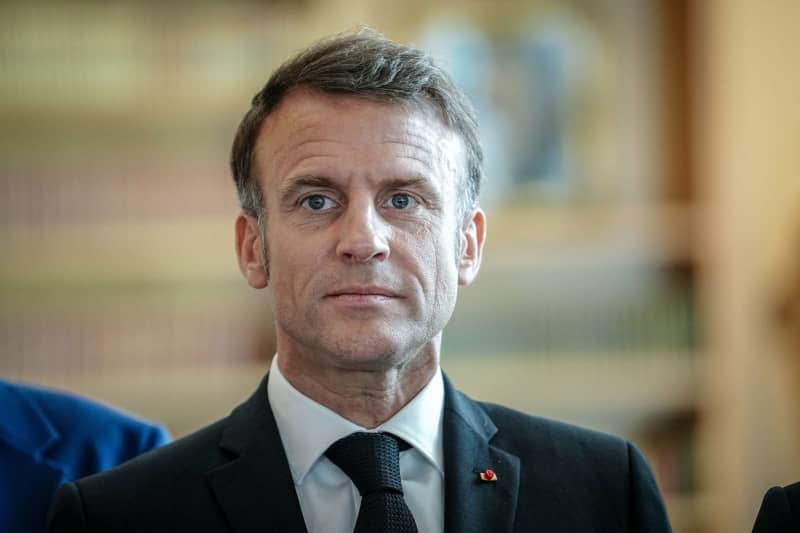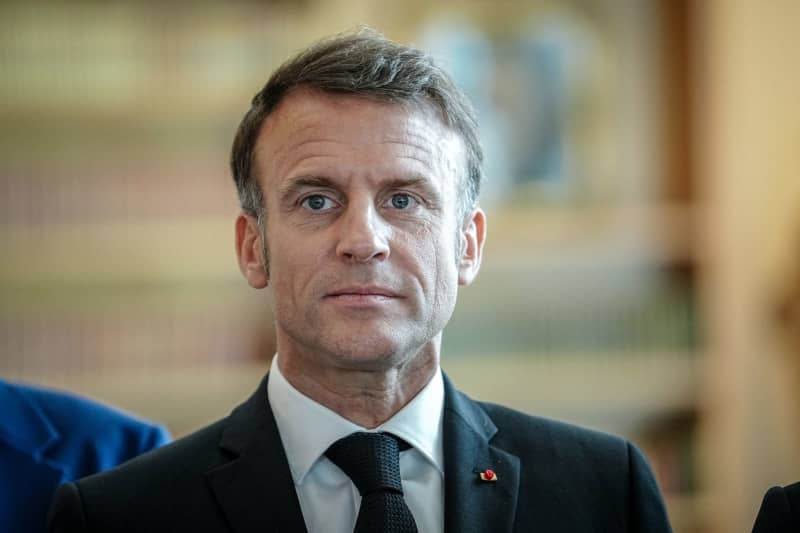French President Emmanuel Macron is refusing to accept Prime Minister Gabriel Attal’s resignation following the surprising outcome of the snap parliamentary elections in France, the Élysée Palace announced on Monday.
Macron has asked Attal to remain prime minister for the time being in order to ensure the country’s stability, it said. Attal announced his resignation on Sunday evening after the preliminary results were announced.
France’s new left-wing New Popular Front (NFP) alliance aims to quickly agree on a candidate for Attal’s successor after its unexpected victory.
The NFP bloc consists of the Socialists, the Greens, the Communists and Jean-Luc Mélenchon‘s hard-left France Unbowed.
Official results released by the Interior Ministry showed that Macron’s centrist Ensemble (Together) bloc came in second place.
Marine Le Pen‘s far-right nationalist National Rally (RN), initially seen as the favourite after the first round of voting, came third.
None of the camps achieved an absolute majority, making the formation of a government difficult and risking a state of limbo in the European Union’s second-largest economy.
Macron called the early polls on June 9. The NFP was launched shortly before the first round of elections for the National Assembly on June 30. The short window to prepare meant that the alliance did not go into the elections with a lead candidate.
“We must be in a position to present a candidate” for the post of prime minister within a week, Faure told the broadcaster France Info.
He said a quick decision must be made to show the public that the alliance is ready to govern. Faure said the candidate could be picked by a consensus among party officials or through party votes.
Mathilde Panot, the parliamentary group leader of France Unbowed, told broadcaster RTL that the NFP will present a prime minister and a government this week. She believes that far-left veteran Mélenchon, the controversial founder of France Unbowed, is still in the running.
In an interview with France Inter, Green Party leader Marine Tondelier argued in favour of a consensus decision. She added it was far more important to agree on policies than the person who will hold the premiership.
The lawmakers have until July 18 to form their parliamentary groups.
Efforts to form a government will be focussed on sounding out possible alliances and winning over individual members of parliament (MPs) from other groups.
How things will proceed remains unclear for now. It is uncertain whether the left can form a minority government on its own.
Given the opposing political orientations, however, it remains to be seen whether coalition agreements could succeed.
If no bloc can find a majority to form a government, the current government could conduct business on an interim basis, or an expert government could be appointed.
In such a scenario, France would face a political deadlock. A new dissolution of parliament by Macron and fresh elections would not be possible until July 2025.

EMEA Tribune is not involved in this news article, it is taken from our partners and or from the News Agencies. Copyright and Credit go to the News Agencies, email news@emeatribune.com Follow our WhatsApp verified Channel





